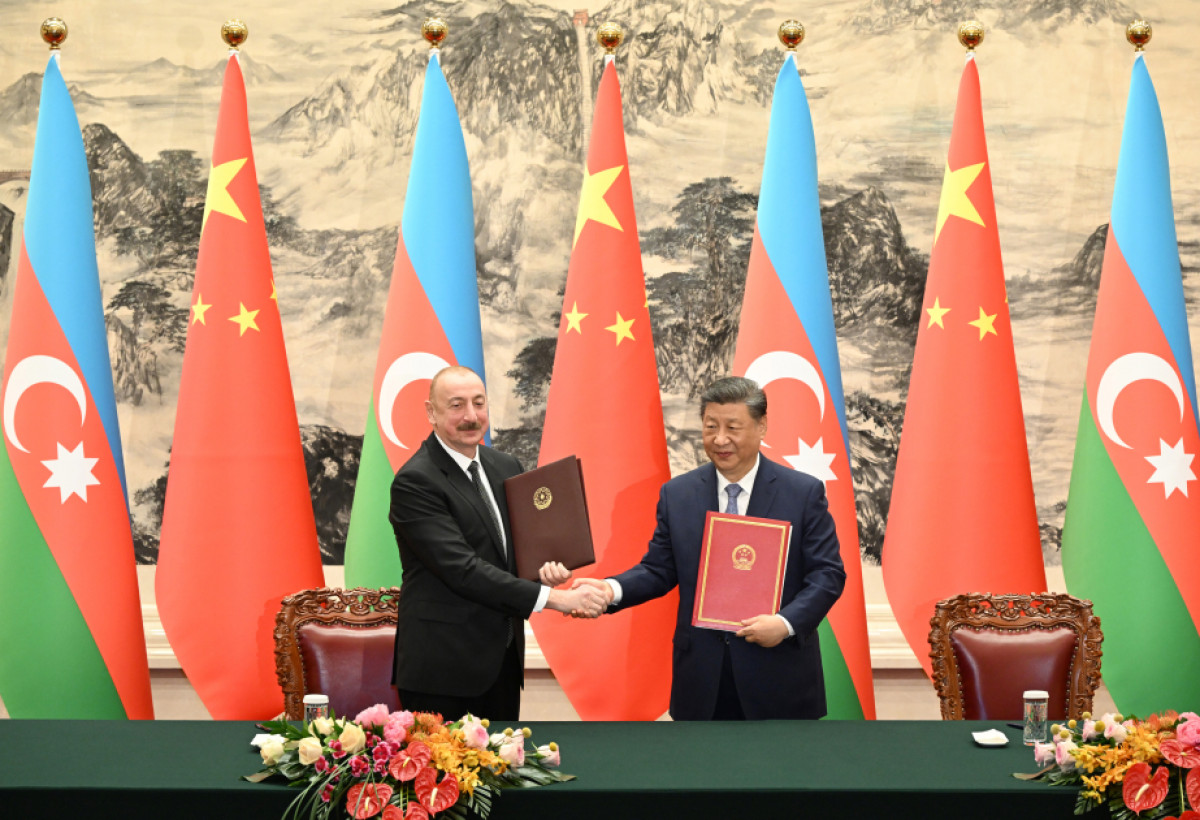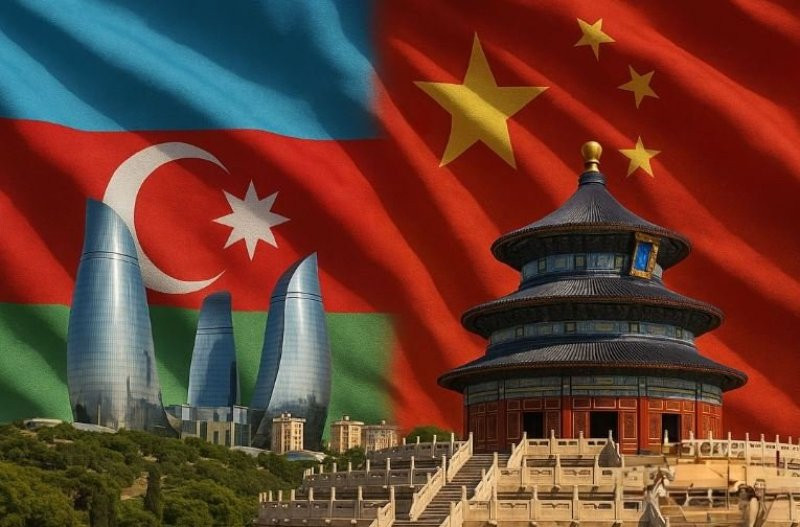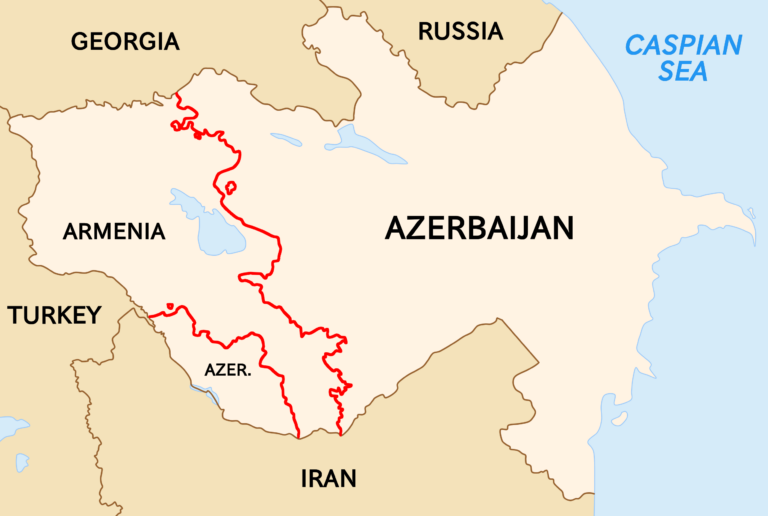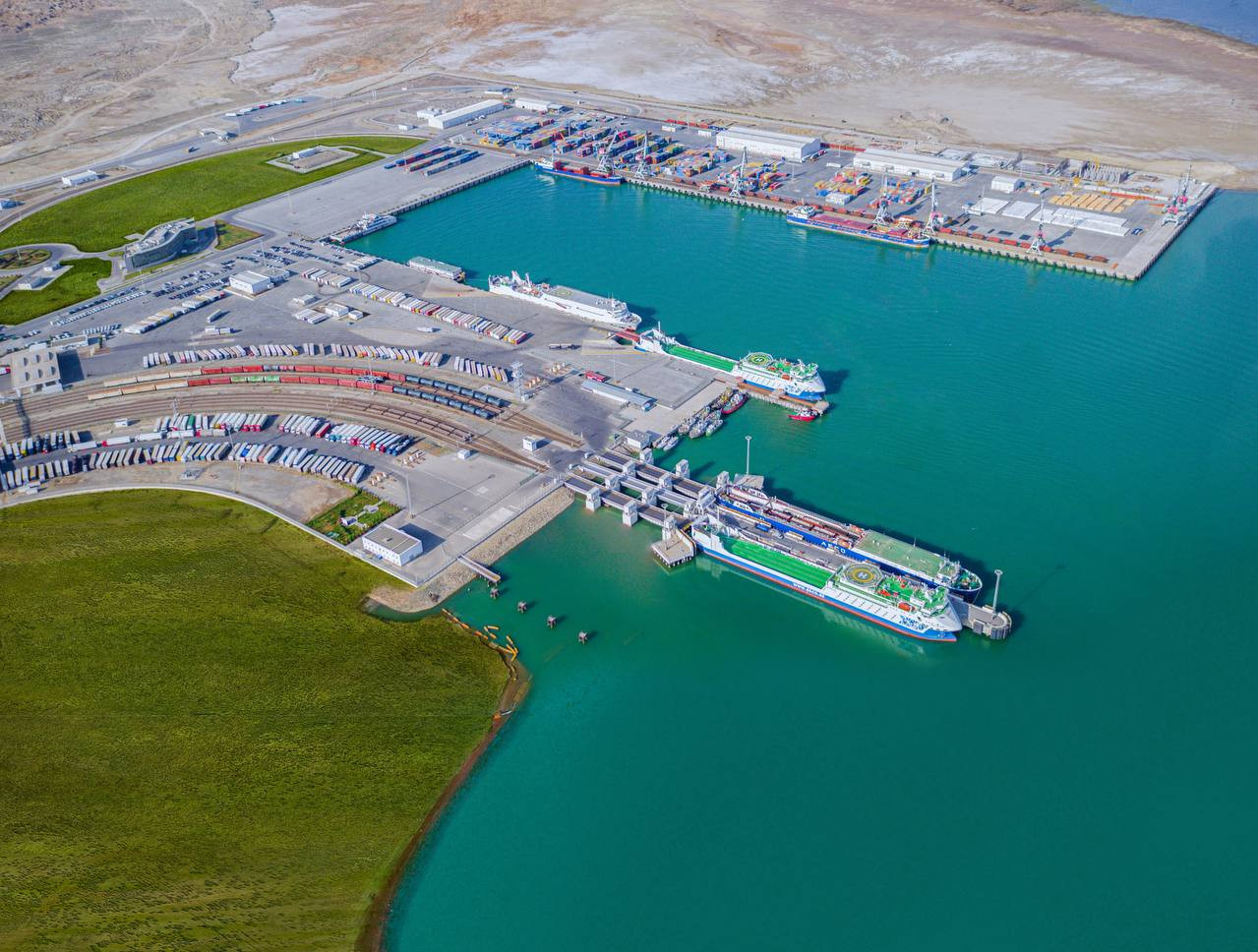Almost 34 years have passed since the establishment of diplomatic relations between Azerbaijan and China. The recognition of Azerbaijan’s independence by the People’s Republic of China in December 1991 and the establishment of bilateral diplomatic relations in April 1992 marked a new phase in Azerbaijan-China relations. In 1992, the Embassy of the People’s Republic of China opened in Azerbaijan, and in 1993, Azerbaijan’s Embassy in China was established. Over the years of Azerbaijan’s independence, bilateral relations have developed with high dynamics, reaching the level of strategic partnership. The significant contributions of the prominent statesman, National Leader Heydar Aliyev, were crucial in the establishment and development of Azerbaijan-China relations.
These relations have developed based on mutual trust and have gained momentum in recent years. Today, Azerbaijan maintains close relations with China in almost all directions. The history of Azerbaijan-China relations, however, dates back to the ancient Silk Road, with trade and cultural exchanges between the two countries existing more than 2,500 years ago.
The successful development of Azerbaijan-China relations today is primarily due to the shared political will of the leaders of both countries. The “Belt and Road” initiative plays a particularly important role in deepening these relations. In 2019, Ilham Aliyev President of Azerbaijan was the only head of state from the South Caucasus to attend the 2nd “Belt and Road” International Cooperation Forum held in Beijing. China’s leader, Xi Jinping’s global initiative “Belt and Road,” and his high regard for Azerbaijan are linked to our country’s favorable geographical position, transit opportunities, as well as the high trust in our President.
In April 2019, during President Ilham Aliyev’s visit to Beijing for the “Belt and Road” International Forum, 10 important documents were signed, covering sectors such as industry, investment, and trade. The implementation of these agreements has led to significant growth in trade and economic cooperation between Azerbaijan and China. As a result, the foreign trade turnover between Azerbaijan and China increased by 2.4 times, from 1.3 billion dollars in 2018 to 3.2 billion dollars in 2023. Due to the rapid dynamics, China has become one of Azerbaijan’s main trade partners. While China was Azerbaijan’s 6th largest trading partner in 2018, by 2023, it had risen to the 4th position. The volume of commodity turnover between Azerbaijan and China increased by 20.7% in 2024 compared to the previous year, reaching 3.744 billion dollars. China holds a 7.9% share in Azerbaijan’s foreign trade turnover and has emerged as a leader in imports, reaching 17.69%.
Azerbaijan and China are actively cooperating in sectors such as production, infrastructure construction, industry, agriculture, transportation, telecommunications, and others. In recent years, Azerbaijan and China have been engaging in fruitful investment cooperation. As of January 2024, China’s direct investment in Azerbaijan since 1995 has reached 920 million dollars. Meanwhile, Azerbaijan’s investment in China is approximately twice as much. Currently, 375 companies with Chinese capital are registered in Azerbaijan, 298 of which are actively operating. Chinese companies have applied to participate in infrastructure projects in Azerbaijan’s liberated territories. China’s “Huawei” company is actively involved in “smart village” and “smart city” projects in the region.
Azerbaijan-China relations, driven by the “Belt and Road” initiative and trade and economic ties, are expanding rapidly in other sectors as well. In addition to commercial, economic, and transit-logistics projects, cooperation in fields such as science, technology, digitalization, and cultural-humanitarian exchange is also expanding. Therefore, it is expected that in the near future, cooperation in these areas will intensify alongside trade and logistics relations between Azerbaijan and China.
Economic issues hold a special place in bilateral relations. Economic cooperation between the two countries is being developed within frameworks such as the Shanghai Cooperation Organization (SCO), the Azerbaijan-China Intergovernmental Trade and Economic Cooperation Commission, projects executed with the Asian Infrastructure Investment Bank (AIIB), Azerbaijan’s participation in China’s “Belt and Road” initiative, partnerships within the East-West and Middle Corridor projects, and the opening of Azerbaijan’s Trade House in Beijing. It is worth noting that China is the country where Azerbaijan has opened the most Trade Houses, with six of them (including additional branches) currently operating.
In 2024, the adoption of the ” Joint Declaration of the Republic of Azerbaijan and the People’s Republic of China on the establishment of a strategic partnership” during the Shanghai Cooperation Organization summit in Astana, which reflects the shared political will of both nations, is of great significance for the future. Despite the large disparity in the size of their economies, China, with its GDP reaching 126.1 trillion yuan (approximately 17.7 trillion dollars) in 2023, and Azerbaijan, which aims to develop its economy using internal resources, share a similar philosophy of development. Despite global challenges, Azerbaijan’s economic competitiveness is dynamically increasing, and the strategy for reducing external debt is being successfully implemented.
One of the key drivers of economic relations is transportation. Azerbaijan’s strategic position at the intersection of China’s East-West and North-South transportation routes deserves special mention. The Trans-Caspian International Transport Corridor (Middle Corridor), part of the “Belt and Road” initiative, extends from China, through Kazakhstan, the Caspian Sea, Azerbaijan, and Georgia, to Turkiye and European countries. Through this corridor, transportation between China and Europe can be completed in 12 days, covering 7,000 kilometers, compared to the previous 10,000 kilometers. With annual trade turnover between Europe and China exceeding 700 billion dollars, container transportation from Turkey to China via the Middle Corridor has been regularly taking place since 2020, and transportation volume has increased by 2.5 times between 2020 and 2024.
Dynamics of container traffic on the Middle Corridor

Source: Central Trade and Transport Corridor, World Bank
The dynamics of container transportation along the Middle Corridor have increased by 2.5 times from 2020 to 2024. It is expected that container transportation will triple by 2030, while transportation time will be reduced by half. With careful alignment of investments and political interventions, the Middle Corridor can provide economic and geopolitical stability for transcontinental trade. This corridor will contribute to the trade and development potential of Central Asia and the South Caucasus, facilitating access to ports and integration with China, Europe, and the rest of the world, further boosting the development of Azerbaijan-China relations.
Both Azerbaijan and China prove to be highly important partners to each other through their bilateral efforts. Despite being geographically distant, Azerbaijan has developed strong, close relations with China, which holds the position of the world’s second-largest economy and enjoys great global influence.





